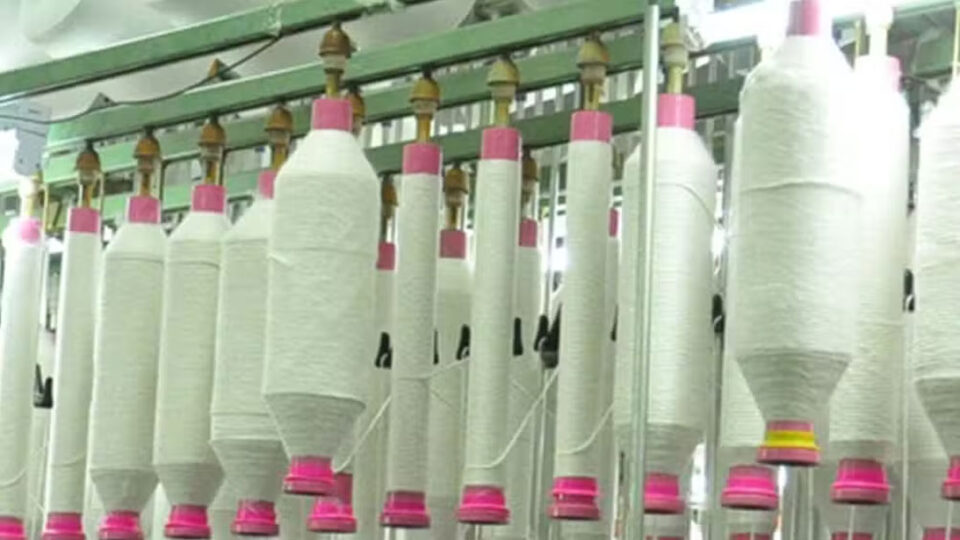FBR Revises Export Facilitation Scheme: Cotton Products Removed from Zero-Rating
The Federal Board of Revenue (FBR) has officially announced major changes to the Export Facilitation Scheme (EFS) by excluding cotton yarn, grey cloth, and raw cotton from the scope of tax exemptions under the scheme.
📢 Key Update via SRO.1435(I)/2025
On Tuesday, FBR issued SRO.1435(I)/2025, finalizing revisions first proposed in draft SRO.1359(I)/2025 on July 29, 2025. With the revised rules, these three cotton-based products will no longer enjoy zero-rating benefits and will now be subject to standard sales tax rates.
✅ What Has Changed in the Revised EFS?
-
Cotton yarn, grey cloth, and raw cotton are now excluded from the zero-rating facility.
-
These items will be taxed under the standard sales tax regime.
-
However, import consignments with bills of lading issued within 10 days of the new notification will still be allowed under the old EFS terms.
🛠️ Other Key Provisions in the Updated Scheme
-
Compressor and motor scrap can only be imported for copper content:
-
Motor scrap: Copper content allowed up to 10% by weight
-
Compressor scrap: Copper content allowed up to 8% by weight
-
-
Remaining steel scrap will face customs duties, sales tax, and withholding tax, and can only be sold to sales tax-registered melters.
🛡️ Insurance Guarantee Now Defined
The revised rules define an “insurance guarantee” as a document issued by an FBR-approved insurance company with a Pakistan Credit Rating Agency (PACRA) rating of AA++.
Until a standardized format is notified by the FBR, EFS users must continue submitting bank guarantees where applicable.
📦 New Material Import Relaxation
-
EFS users are now allowed to import raw materials up to 10% of their total authorized limit without prior approval from the Regulatory Collector or Input-Output Coefficient Organization (IOCO).
⏳ Extended Utilization Period in Exceptional Cases
A special inter-ministerial committee—comprising officials from FBR, Ministry of Commerce, and Ministry of Industries and Production—may grant a further extension of up to 9 months for using imported goods, if justified with valid reasons.
This update reflects FBR’s continuing efforts to balance export incentives with regulatory compliance and revenue collection. Businesses in the textile and scrap import sectors should review their strategies to ensure full compliance with the new guidelines.

